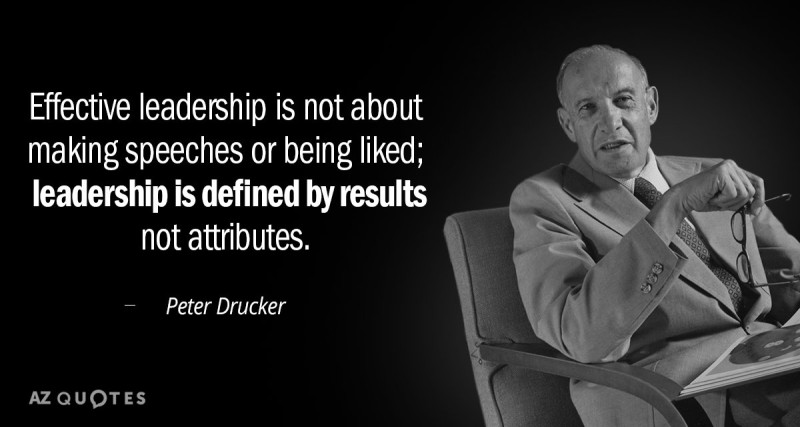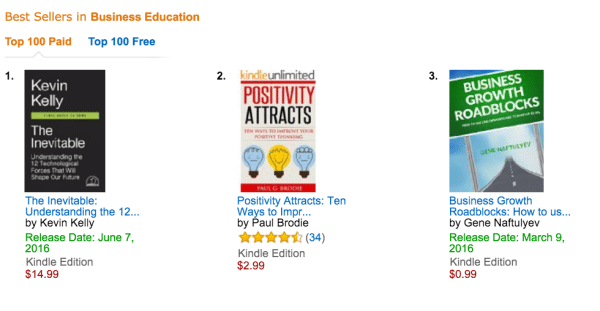
This series covers the most common mistakes that small businesses make during the stage at which sales are between $3mm and $5mm. Navigating around these roadblocks to growth allows you to resume growing sales without compromising quality of products or services.
Originally written as a book about the back-end of the business, it will focus on resources that your company uses rather than techniques or strategies for increasing sales. I’m going to assume that either you have the sales/marketing side already handled, or you are reading other books on that topic.
With that in mind, I suspect that if you look at your expense side, you will see that your biggest single expense is payroll, or if you rely on contractors, your consulting line item. If your company sells very expensive products, this may not be the case, and your cost of goods sold (COGS) may be higher. But in either case, employees and contractors typically make up a very large portion of the expense side of the books.
Hiring the right people
It all starts with hiring not just good employees, but the right employees. Unfortunately what right actually means changes with time and is quite different for a company with 3 employees and sales of $1mm versus a company of 16 employees and sales of $5mm. For many entrepreneurs, the traditional wisdom is that if you do a good job hiring at the early stages of a business, you only have to hire someone for a position once, and they will grow with the company. I will get into why people think there is never a need to replace anyone and why that is wrong in a later chapter, but let me focus on the hiring process itself in this chapter. Hiring the right people means avoiding hiring the wrong people, and there are many ways to hire the wrong people. Let’s look at the three most common issues with hiring that I run into.
1. Hiring people you like
One of the most common mistakes made that I’ve had to correct, and by the way, it is often promoted by management books, is to hire people who you like. While this may seem on the surface to be a good idea, it is a recipe for disaster if too much emphasis is placed on the like.
Liking someone means that you enjoy the company of that person, they may be easy to get along with, and you may share some common beliefs which reduce social conflict. Again these are all good things, but they are far from the most important.
The most important reason to hire someone is that they have skills which a company needs, are willing to utilize those skills when the company needs them, and are willing to do this at a rate the company can afford. Secondarily qualities, like people skills, will help determine how well this person fits into the company culture and how effectively they will interact with employees already at the company are also important. However, you as a founder or a senior manager liking someone as a person, while it is certainly a plus, is much lower on the list.
There is a reason we shouldn’t ask prospective employees about politics or religions (or sports?!) when we interview them. It is because we want to evaluate, without any negative or positive biases that have nothing to do with the company, whether this candidate is the best person for the job. Hiring should not be based on if they are best for after work happy hour, or best for water cooler conversations, or best for having kids the same age as your kids. In the extreme example, I have seen companies where it would appear that the person hired had but a single qualification – that of knowing the boss. In this case, it’s a matter of when, not if, they will fail while everyone else waits with bated breath to see if they will take the company down with them. This is sadly an all too common occurrence, and is often the result of an owner liking the idea that they are helping friends and taking care of their own. Often the friends who end up working in the business are not the best qualified for that position – if this is noticed, at some point, they have to be let go to be replaced by more seasoned or experienced people. This puts a big strain on the friendship because, understandably, no one likes to lose a job due to the decisions of a friend. I’m not saying never work with or hire friends, just be sure you are actually more critical at looking at their qualifications and how well they understand the business. There are now some business advisors talking about “business pre-nup” agreements to minimize conflict later. If you hire a friend, do it in spite of your friendship rather than because of it. Be frank and explain what skills are important for a good fit and be sure the friend understands you will be just as critical of them as everyone else, and you might get lucky and have a friend who you can work with.
2. Hiring family
Working with family can be a blessing and a curse. We all know of famous rich families where businesses had generations of family members employed. Certainly, when starting a business, family members may provide a cheap or even free source of labor for the company and, as a result, may know more about the inner workings of the business than mere employees. But remember, this book is not for the entrepreneur just starting out, but rather for someone who has already built their business to $3-5mm and is ready to take the next leap. At this stage in the business, it is time to start looking at hiring experienced professionals and minimizing reliance on people who are simply convenient.
You may have visions of having a family business, or passing the torch to the next generation, or enjoying working with your spouse. I say don’t! It has been my experience that having family members working in a business once it is off the ground is anything but a plus. Do you really want to have a business in the same environment as the last Thanksgiving dinner? Or maybe you have the perfect family, and you want your kids to learn the business as soon as they are able to help. Have them learn, but don’t force them to be your employees. I have seen relationships between parents and adult children completely shut down and even end in lawsuits as a result of this desire.
The divorce rate is well over 50 percent now, and countless couples fight very selfishly to divide all assets, including businesses. Now add your spouse working for the company to a divorce, and it means that, at best, one of you is out of a job, and at worst, the company will be dragged through the legal system for strangers to decide who should run it.
Why risk it when you don’t need to? Even in a great marriage, bringing work stress home is hard enough, but both people dealing with the same work stress may be too much. If all goes well and you sell your business, do you really want both you and your spouse to be bound by non-compete work agreements at the same time? Finally, if financial hardship happens for some reason in the business and you need to not take a salary for a while, it could mean the entire family is without income if both of you are working in the same company.
My advice is to keep interactions with friends and family for your home life and employees and contractors for your professional life. If you absolutely, positively think that your spouse brings something irreplaceable to the business, just be sure you understand and are ok with knowing that you are taking a greater risk in your business than your competitors.
3. Not checking references
I’ve had to hire countless employees for many different companies over the last 25 years. Quite often, the people I hire would end up working in those companies for many years longer than I do. So how do I make sure that I leave my clients with the best possible employees long after I’m gone? By getting as many outside recommendations of the potential employee’s skills and fit for the position as I can. I will trust what a candidate tells me during an interview, but I will trust much more what I hear about them from a colleague, a former employer, or someone I know who has had personal experience with them.
It is not always possible to hire strictly off direct recommendations from people you know, so in those cases, be sure to spend the time to talk with people who have had experience with this person, even if you don’t know them. People don’t like to say bad things about friends or past employees, but they also feel a certain amount of responsibility when they tell you the good parts and be cautioned if they don’t have anything nice to say. Be gracious, don’t take up too much time, but do present questions during the reference check due diligence about specific areas and skills that you learned about during the interview. If you are hiring a Java expert and the person who was supposed to be his boss at a company where he programmed Java for 2 years is surprised by your mentioning Java, then you need to do a little more investigation before hiring. LinkedIn is a great way to see the business relationships of the people on the references list that you receive.
I could not leave social media out of the hiring due diligence process. While not strictly recommended, social media is a wonderland of insight about your potential employee. At this point, I need to formally say that I’m not a lawyer, and I do not play one on TV, so this does not constitute legal advice. Be sure you talk to an HR specialist first, however in my experience, as long as you stay within the guidelines of Equal Employment Opportunity laws, you can garner a lot of info about your candidate. For instance, if they mention their job skills on social media, you will probably get someone who is more passionate about their job. They might program for both fun and profit – not just profit. You can also look for inconsistencies between what you were told in an interview and what the person has listed in social media. For example, if your candidate lists VP of Engineering in LinkedIn, but during the interview it was clear that they never managed anyone, that could be a red flag. You may not know which is true, of course, but any inconsistencies in the public image versus information in a resume or in an interview should be examined carefully. Of course, it could be the other way around where they are telling you they were a VP, but they are afraid to lie publicly and so put a lower level position in social media, but in either scenario, inconsistency could spell trouble.
There is probably a book that can be written just on the topic of hiring, so we’ll plan to move on in the next article and provide some information about promotions.
Excerpted From The Original
Business Growth Roadblocks: How to use uncommon sense to surpass $5 mil
 It’s not always the sales side that is the problem, quite often it is the operations that are keeping a company from growing, but majority of books only address the sales side. This book looks at the most common problems in company operations and how to fix them. The book is written primarily to address companies of $3-5mil with 8-20 employees who seem to have slowed down the growth, and it illustrates how others have grown past that size by changing back end operation.
It’s not always the sales side that is the problem, quite often it is the operations that are keeping a company from growing, but majority of books only address the sales side. This book looks at the most common problems in company operations and how to fix them. The book is written primarily to address companies of $3-5mil with 8-20 employees who seem to have slowed down the growth, and it illustrates how others have grown past that size by changing back end operation.
View on Amazon

- Is your company’s technology falling behind? A 10 minute primer. - October 30, 2024
- Business Lines Of Credit: To Use Or Not To Use? - October 18, 2024
- Is Your Bank Really Working for Your Business? - August 12, 2024
